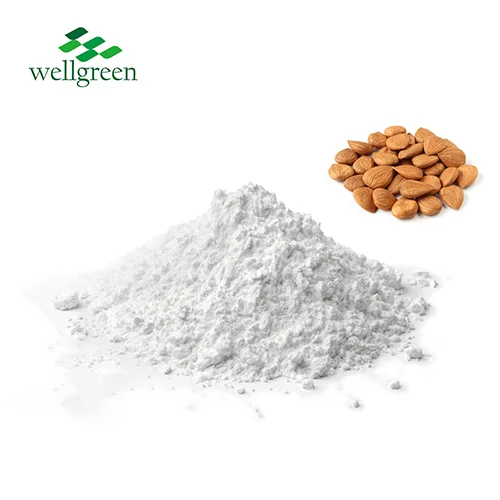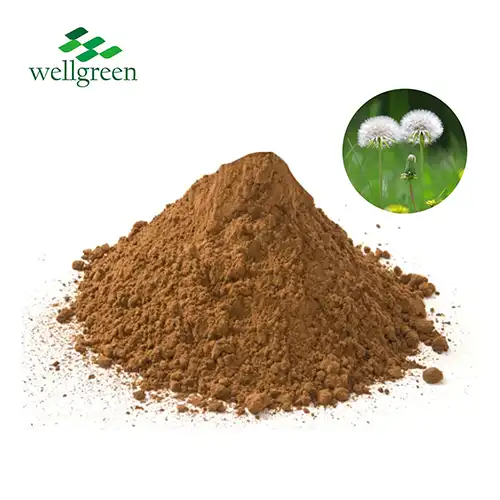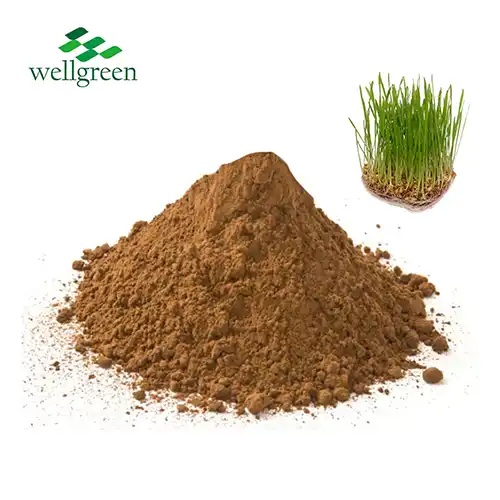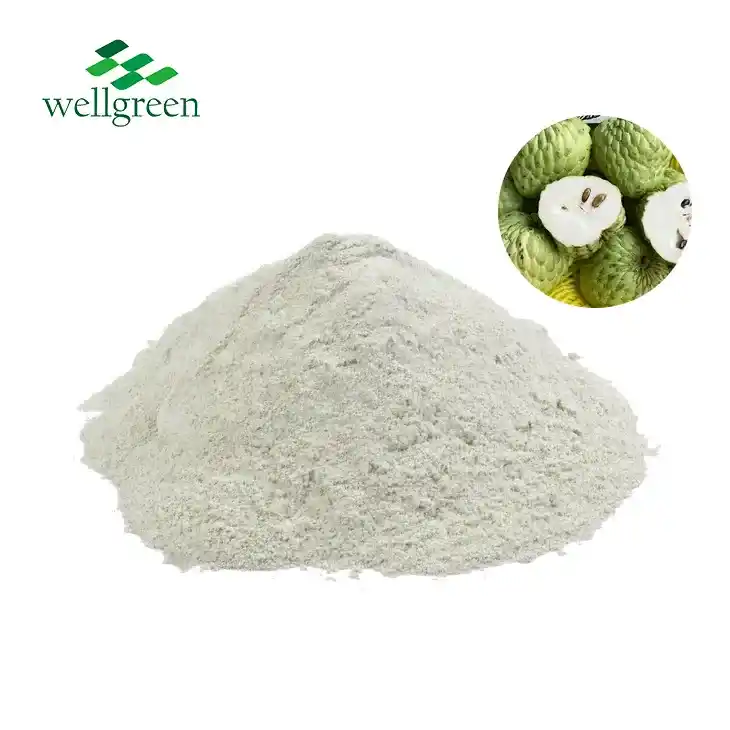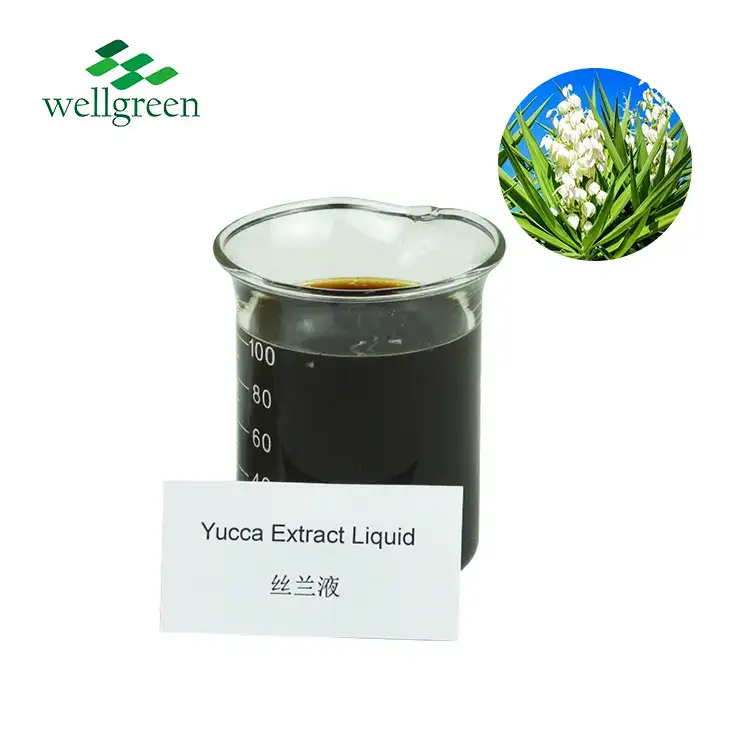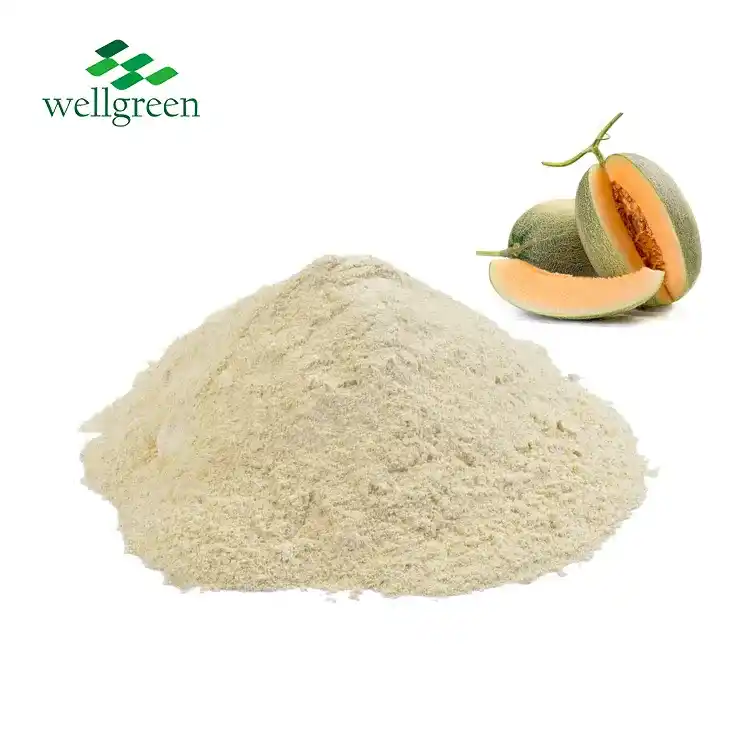How long do leek seeds last?
2024-06-25 15:10:49
Understanding the Shelf Life of Leek Seeds
 Optimal leek building necessitates a comprehension of the shelf life of Leek Seed Extracts, which largely depends on a multitude of elements:
Optimal leek building necessitates a comprehension of the shelf life of Leek Seed Extracts, which largely depends on a multitude of elements:
♦ Storage Conditions: Leek seeds, like most vegetable seeds, are sensitive to environmental conditions. Ideal storage conditions include cool, dry, and dark environments. Seeds should be stored in airtight containers to prevent moisture and light exposure, which can degrade their viability.
♦ Seed Quality: The quality of the seeds at the time of purchase significantly impacts their shelf life. High-quality seeds from reputable suppliers are more likely to have higher germination rates and longer viability.
♦ Age of Seeds at Purchase: The age of the seeds at the time of purchase also affects their shelf life. Generally, fresher seeds have a higher germination rate and longer viability.
Research has shown that when stored under perfect circumstances, leek seedlings can remain viable for as long as four decades. It is essential to keep in mind that viability could increasingly fall apart over the course of time. It is recommended to use leek seeds within two to three years after purchase for the most effective outcomes. Gardeners can lengthen the life span of their leek seeds while boosting the likelihood of having an effective leek crop by being conscious of these aspects and putting suggested methods for storage into practice.
Factors Affecting Seed Longevity
Leek seeds, like other seeds, are living entities. They contain the embryonic plant and the necessary nutrients to support its initial growth. The longevity of leek seeds is influenced by several key factors:
1. Storage Conditions: The environment in which seeds are stored plays a crucial role in determining their shelf life. Ideal storage conditions for Leek Extracts include a cool, dry, and dark place. High humidity and fluctuating temperatures can significantly reduce seed viability.
2. Seed Quality: The initial quality of the seeds at the time of purchase is another important factor. High-quality seeds from reputable suppliers are more likely to have a longer shelf life. Always check the packaging date and any germination test results provided by the supplier.
3. Age of Seeds: Seeds have a natural lifespan, and their viability decreases over time. Freshly harvested seeds typically have the highest germination rates, which decline gradually as the seeds age.
Optimal Storage Conditions for Leek Seeds
To maximize the longevity of Leek Seed Extracts, it's essential to store them under optimal conditions. Here are some tips for proper seed storage:
1. Temperature Control: Store leek seeds in a cool environment, ideally between 32°F and 41°F (0°C to 5°C). Refrigerators are a common choice for home gardeners. Avoid storing seeds in areas where temperatures fluctuate significantly, such as near windows or heat sources.
2. Humidity Control: Moisture is detrimental to seed viability. Use airtight containers to protect seeds from humidity. Silica gel packets or other desiccants can help maintain low humidity levels inside storage containers.
3. Light Protection: Exposure to light can degrade seeds over time. Store leek seeds in opaque containers or dark places to minimize light exposure.
4. Proper Labeling: Always label your seed containers with the type of seed and the date of storage. This practice helps you keep track of the age of your seeds and use the oldest ones first.

How to Test Seed Viability
Before establishing, it is an excellent idea to verify the survival of your sprout seeds, even under ideal storage scenarios. Here's a simple method to check seed viability:
• Paper Towel Method: Dampen a paper towel and place a few seeds on it. In order to keep the seeds damp, fold the towel over them and put them in a bag made of plastic. Keep the bag in a warm place, around 70°F (21°C).
• Observation: After about a week, check the seeds for signs of germination. The germinated seeds are healthy and ready for sowing if the majority of them have germinated. It is appropriate to purchase new seeds if just a few or none of the seeds germinate.
Scientific Insights on Seed Viability
Research on seed longevity provides valuable insights into the factors affecting seed viability. A study published in the journal Seed Science Research highlights the importance of temperature and moisture control in extending seed shelf life. The researchers found that seeds stored at lower temperatures and reduced moisture levels maintained higher viability over time (Bewley et al., 2013).
Another study in the journal Horticultural Science examined the impact of seed aging on germination rates. The study concluded that leek seeds stored under optimal conditions could remain viable for up to three years, although germination rates gradually declined with age (Ellis et al., 2012).
Practical Tips for Gardeners
As a gardener, there are several practical steps you can take to ensure your Leek Seed Extracts remain viable for as long as possible:
► Purchase Fresh Seeds: Whenever possible, buy seeds from reputable suppliers with a high turnover rate. This practice ensures you receive the freshest seeds available.
► Store Seeds Properly: Follow the storage guidelines mentioned earlier to protect your seeds from adverse conditions.
► Rotate Your Stock: Use older seeds first and keep track of the dates to avoid using seeds that are too old.
► Test Seeds Regularly: Conduct germination tests periodically to check the viability of your stored seeds.
Conclusion
In conclusion, Leek Extracts can remain viable for several years if stored under optimal conditions. Temperature, humidity, and light exposure are critical factors that influence seed longevity. By following proper storage practices and regularly testing seed viability, you can ensure a successful and bountiful leek harvest. For more detailed information on leek seeds and other gardening tips, feel free to contact me at wgt@allwellcn.com.
References
1. Bewley, J. D., Bradford, K. J., Hilhorst, H. W. M., & Nonogaki, H. (2013). Seeds: Physiology of Development, Germination and Dormancy. Springer.
2. Ellis, R. H., Hong, T. D., & Roberts, E. H. (2012). Handbook of Seed Technology for Genebanks. Vol. I: Principles and Methodology. International Board for Plant Genetic Resources.

